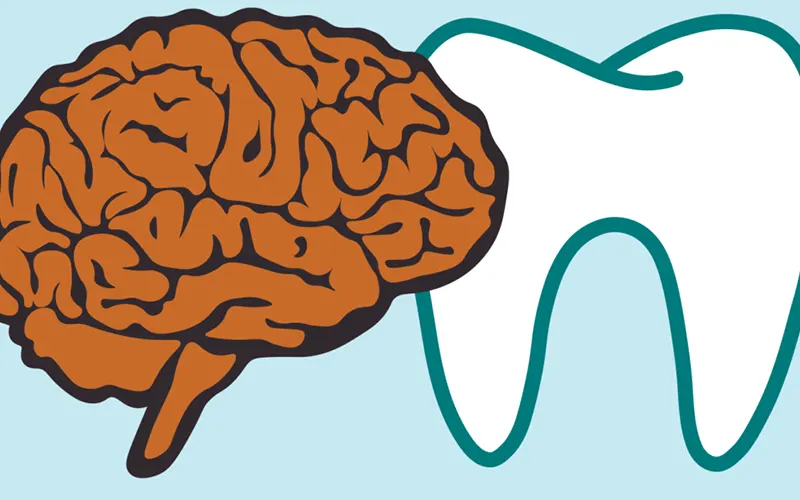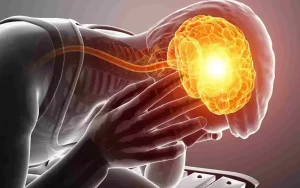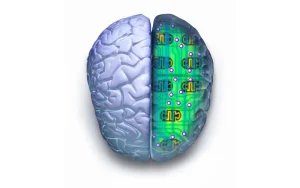MAIN HIGHLIGHTS
- Inadequate dental health can lead to dementia, Alzheimer’s, and stroke.
- Gum disease and subpar oral health can harm the brain’s white matter.
- A prevalent public health issue, poor oral health impacts almost half of individuals over 30.
- Investing in enhancing oral health yields benefits beyond just brighter smiles.
When it comes to matters of the mind and brain, mental health professionals are seldom presented with straightforward solutions. However, a Yale research team has provided just that in a study regarding gum disease and cognitive decline.
Previous studies have indicated that subpar oral health, including periodontitis and tooth loss, poses risks for cognitive decline, dementia, and stroke. Yet, these studies have remained observational. It’s also recognized that enhancing oral health can positively impact Alzheimer’s-related brain atrophy, but this effect has been observed only after symptoms manifest and an Alzheimer’s diagnosis is confirmed.
Up until now, no research has demonstrated that poor oral health directly leads to brain changes occurring years prior to the onset of Alzheimer’s and stroke. In a recent study led by Rivier et al [1], it was found that inadequate oral health induces brain changes linked to the initiation of dementia and stroke long before cognitive decline becomes evident. The study states: “We found that individuals with poor oral health had higher WMH (white matter hyperintensities) volume and worse white matter architecture profiles, even after adjusting for confounding factors.”
What are “white matter hyperintensities”?
The brain comprises gray matter and white matter. Gray matter encompasses nerve cell bodies, often considered as the processing regions of the brain and spinal column. The nerve fibers that link these gray matter regions to each other and to the spinal cord are referred to as white matter. In essence, the white matter serves as the cables or networking system connecting the various processing centers within the gray areas.
White matter gets its name from the fatty myelin sheath covering the nerve fibers. This myelin serves as insulation, facilitating swift transmission of signals along nerve circuits. White matter hyperintensities, seen on MRIs, are small lesions resulting from myelin and nerve fiber damage. This damage slows signal transmission in the brain, potentially leading to cognitive decline.
Rivier et al’s study establishes a link between gum disease, poor oral health, and white matter damage, potentially contributing to cognitive decline and stroke. Regrettably, poor oral health is a prevalent public health issue, with nearly half of Americans over 30 showing signs of gum disease. Once it sets in, improved brushing and flossing aren’t enough—it necessitates professional intervention.
However, dental care isn’t always financially accessible. Dental schools often offer more affordable options. If finances are tight, exploring dental schools with sliding fee scales in your area could be beneficial. This study’s significance lies in demonstrating that investing in oral health not only enhances smiles but also yields substantial cognitive health benefits. The long-term advantages could outweigh the costs of dental care. While providing toothbrushes and dental floss to patients may not be a solution, highlighting the importance of oral health in preventing cognitive decline should be emphasized in our writing and presentations. This is a point I’ll certainly incorporate into my podcast for men, a consideration I hadn’t previously entertained before encountering this study.










